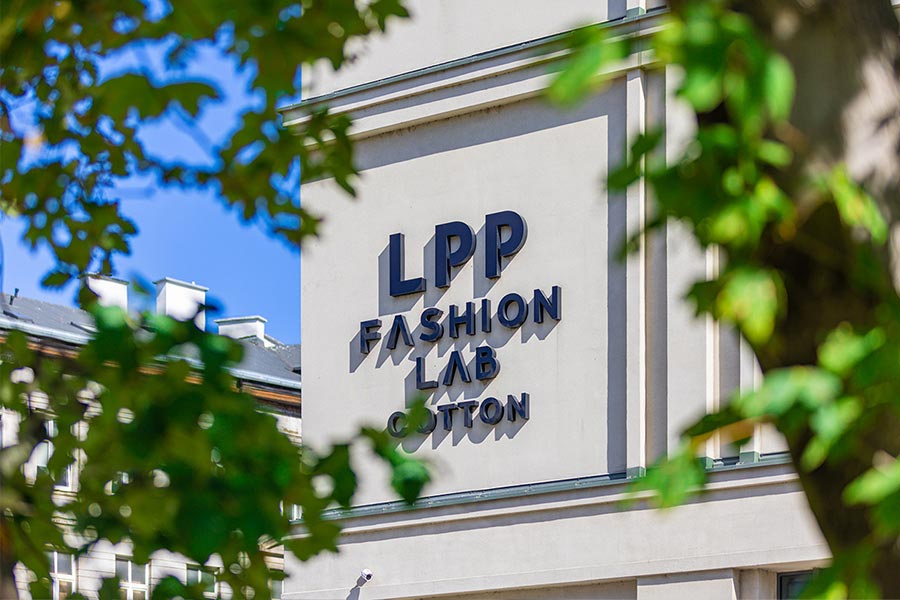
Our Strategy
Our goal is to continuously develop LPP and transform it into an increasingly sustainable company that responds to today's climate, social and consumer challenges.
LPP is a Polish family business
We are constantly improving our offer and adapting it to the changing expectations of our customers. We are increasing the availability of our collections by expanding the network of stationary stores (increasing the retail space y/y) and online stores.
We are developing in the spirit of the omnichannel concept, so that our customers have full access to products regardless of the sales channel. At the same time, we are constantly meeting the challenges of the world around us, both in the technological, environmental and social context. In order to implement such a development plan for LPP in the coming years, we have based our strategy on three pillars: the omnichannel model, technological transformation and sustainable development.
1. Omnichannel organization
LPP is an omnichannel organization in which traditional and online sales are fully integrated. We are committed to providing our customers with the best possible shopping experience, whether they choose to purchase our collections in stationary stores or online. That’s why we are developing both channels in parallel and making sure our offerings are presented consistently.
Our priority is:
- Changing the retail landscape in small towns, where we focus on developing the family apparel segment, offering year-round, aesthetic clothing for the whole family at a reasonable price. The implementation of this assumption is to be the intensive expansion of the retail network and online availability of the Sinsay brand, whose clothing assortment is complemented by interior design elements, pet accessories, a line of make-up and care cosmetics, and sports accessories. The unique nature of this concept is determined by its omnichannel nature, attractive prices, and proximity to the customer regardless of their place of residence.
- At the same time, our goal is to maintain the current position of the Reserved, Cropp, House and Mohito brands dedicated to different target groups and to ensure the availability of their assortment through a strong and attractively located stationary retail network and a wide online offer. In this way, we want to provide our customers with contact with the brands, where, when and how they want, thanks to integrated sales channels.
LPP development through brands
We focus on acquiring new customers and increasing the satisfaction of existing ones. We started building our offer portfolio with the Reserved brand, whose first store was established in 1998. We currently manage five brands, each of which is dedicated to different target groups. Our offer includes collections for women and men (Reserved, Mohito and Sinsay), as well as clothing for children (part of the Reserved and Sinsay brands) and teenagers (Cropp, House, Sinsay).
Reserved, Cropp, House and Mohito are in the moderate price range, while Sinsay is in the value-for-money segment.
At present, we do not plan to create new brands. Our activities are focused on the development of brands currently in our portfolio, with particular emphasis on Sinsay. The brand, initially dedicated to teenage girls, in 2019 gained a new, expanded concept supplemented with a clothing range for the entire family, as well as interior design elements and a line of make-up and care cosmetics. The good reception of the new Sinsay formula on the market and the accompanying intensive expansion of the stationary network, mainly in small towns, will influence the gradual increase in the brand’s share in the LPP portfolio in the coming years.
Brand expansion
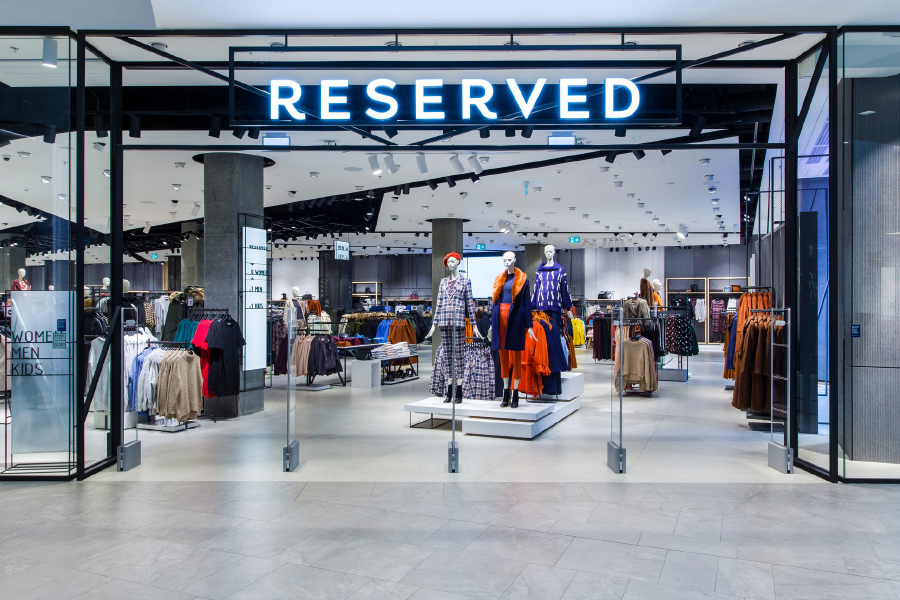
1998 | Reserved
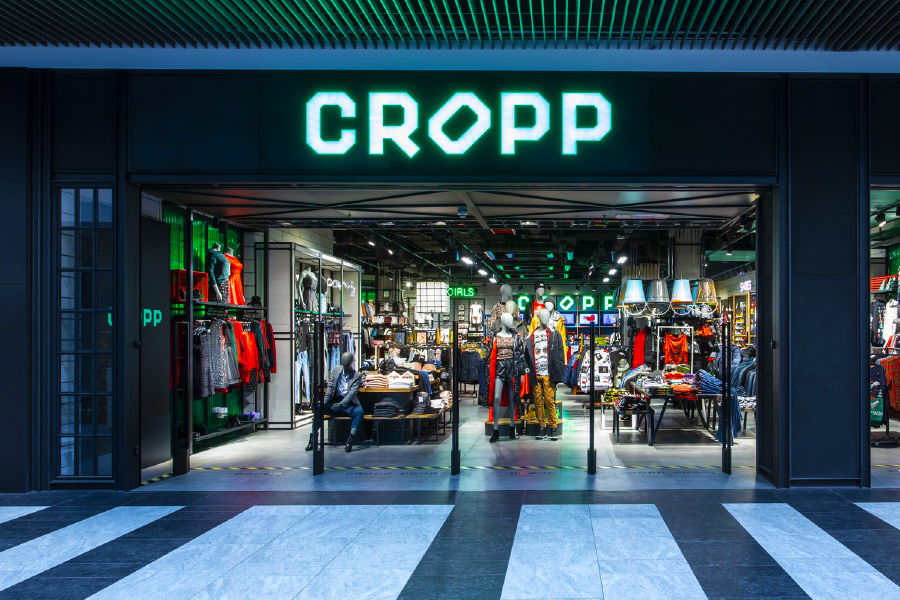
2004 | Cropp
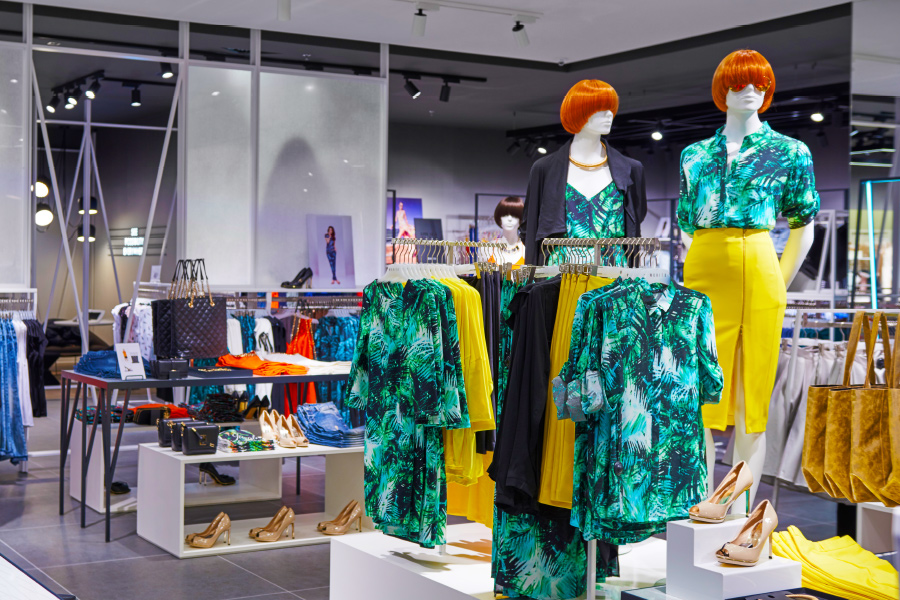
2005 | Esotiq (sold 2010/2011)
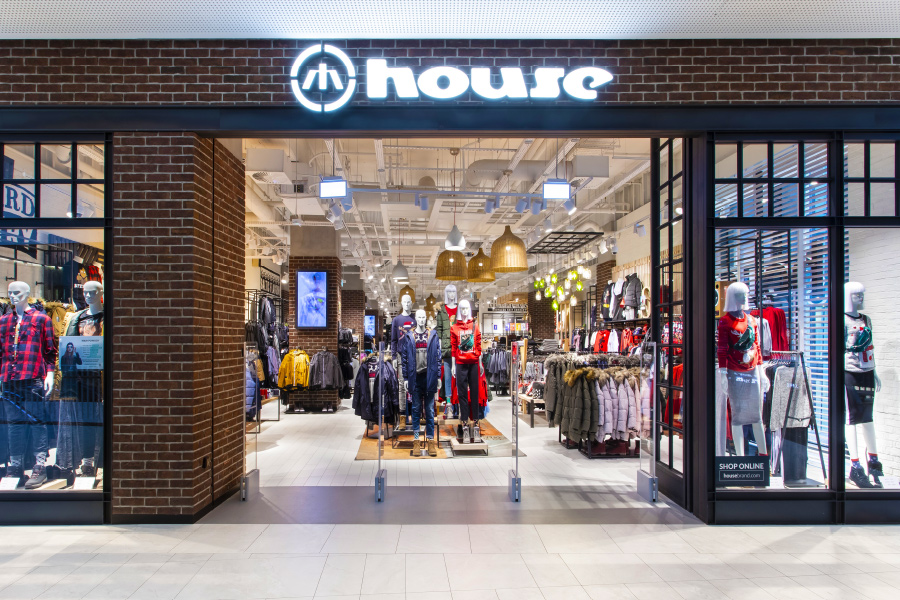
2008 | House, Mohito (both brands acquired due to the acquisition of Artman)
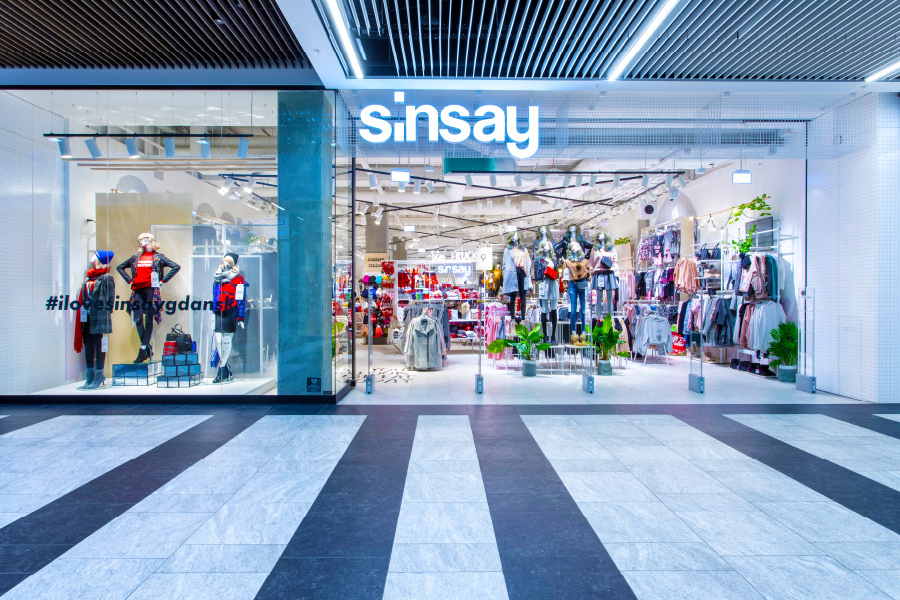
2013 | Sinsay
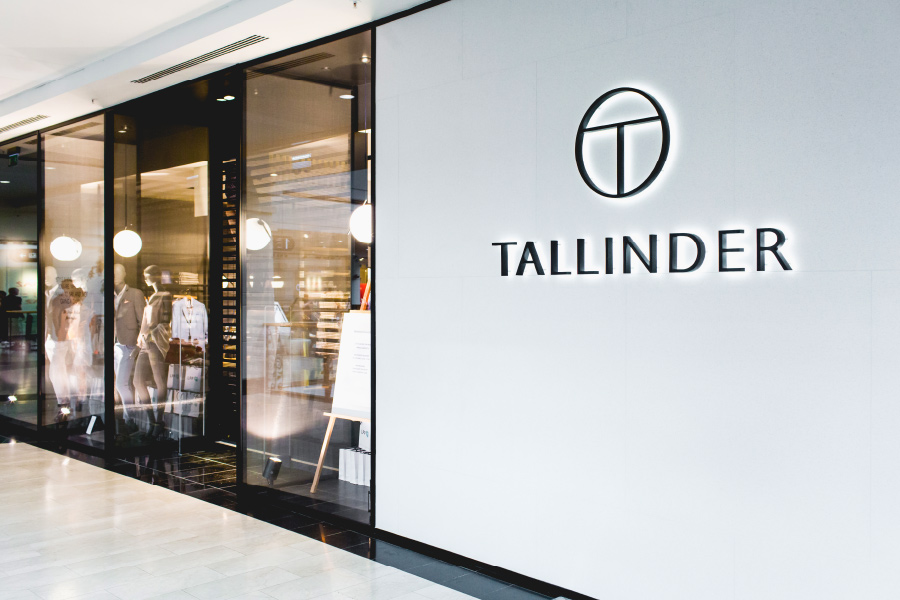
2016 | Tallinder (closed in 2017)
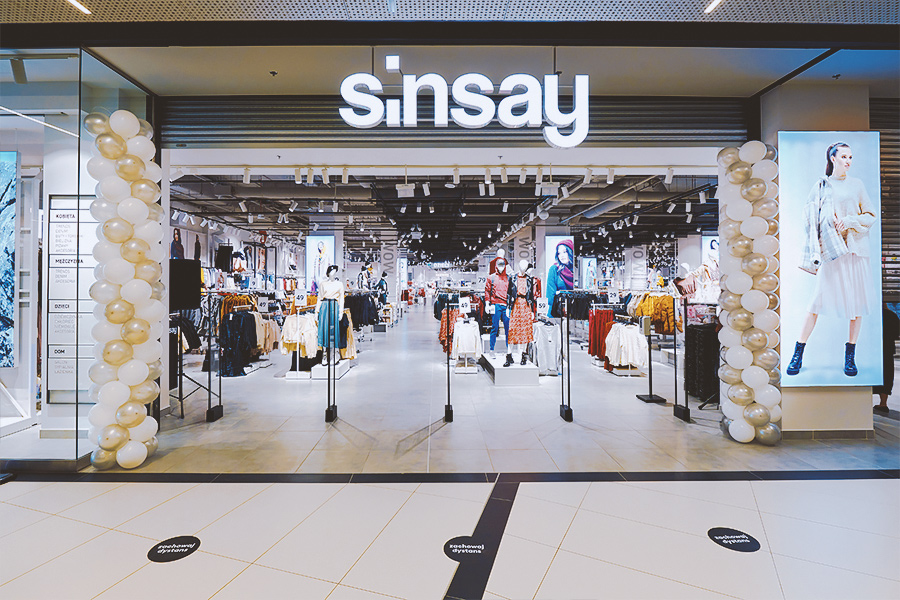
2019 | Strategic change of the Sinsay brand
Development in new markets and increasing presence in small towns
Development through brands would not be complete if it were not accompanied by the expansion of our retail network, both stationary and online. Our goal is to diversify the Group’s revenues, i.e. to maintain the current position on the domestic market, but also to increase the share of foreign sales, especially in the region of South-Central Europe. Today, apart from Poland, we are present in six geographical areas, each of which has different development prospects:
- Poland is our domestic and at the same time the most important market, which generates a significant part of the Group’s revenues. Due to its high maturity and dense sales network in larger cities, we focus here on maintaining the current position of brands belonging to LPP, but above all on expanding the stationary sales network of the Sinsay brand in smaller towns.
- Central and Eastern Europe (CEE), includes countries such as: Czech Republic, Slovakia and Hungary. Similar to Poland, we focus here mainly on developing the stationary network in smaller towns, where we see development potential for the Sinsay brand. We are expanding the traditional network mainly based on retail parks.
- The Baltic Sea Region (BSR) countries where our brands are present are Lithuania, Latvia and Estonia. We consider all three countries as mature, where we focus on developing brands especially in smaller agglomerations, in retail spaces such as retail parks.
- The Eastern region i.e. Ukraine, Belarus and Kazakhstan, is a region where we see the potential for expansion for the Sinsay brand on the Ukrainian and Kazakh markets, which is why we have resumed the development of the brand’s retail space in these two countries.
- South-Eastern Europe (SEE) i.e. Romania, Bulgaria, Croatia, Serbia, Slovenia, Bosnia and Herzegovina, North Macedonia, Greece, Albania and Kosovo, are markets with great development potential for all LPP brands, but especially for the Sinsay brand. There, we are gradually expanding our stationary network, strengthening our presence in the Balkans.
- Western Europe (WE) i.e. Germany, Great Britain, Finland and Italy, are countries where the development of the sales network will be conducted conservatively. The exception is the Italian market, where we expect the development of the Sinsay brand to accelerate in the coming years.
- Middle East (ME) i.e. Egypt, Qatar, Kuwait, United Arab Emirates, Israel and Bahrain. Our presence with the Reserved brand in this region is based on cooperation with a franchise partner. At the same time, we continue online sales based on external sales platforms.
Expansion by country
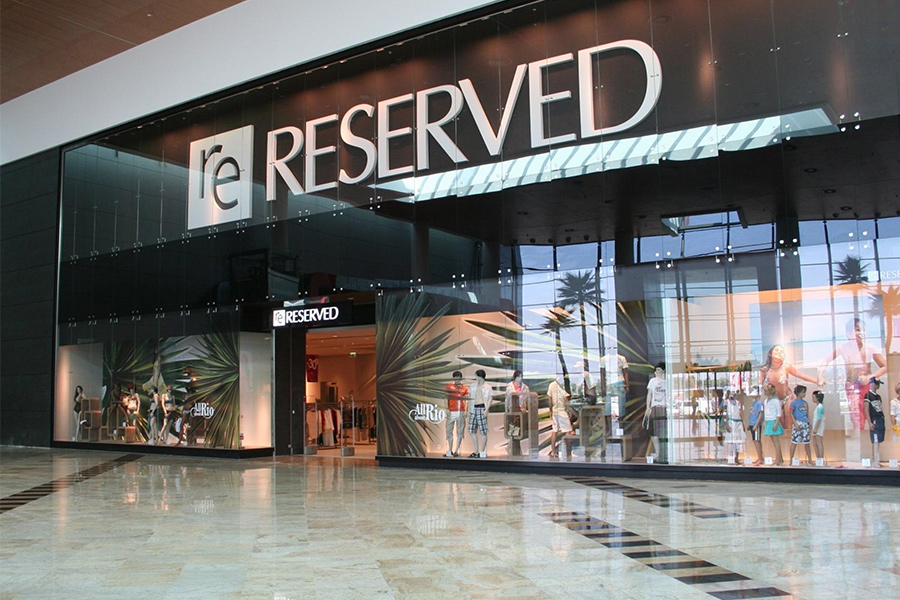
1998 | Poland
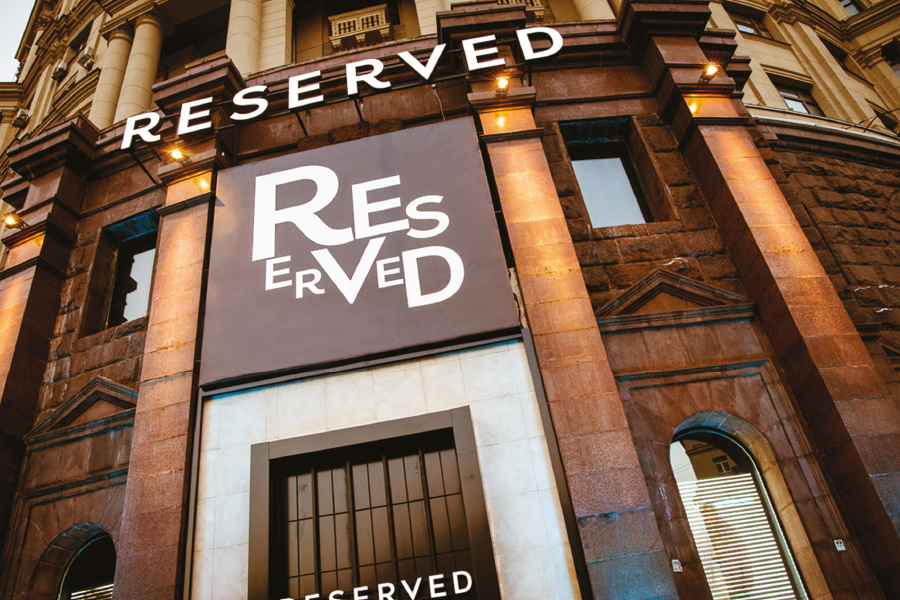
2002 | Russia, Latvia, Estonia, Czech Republic, Hungary
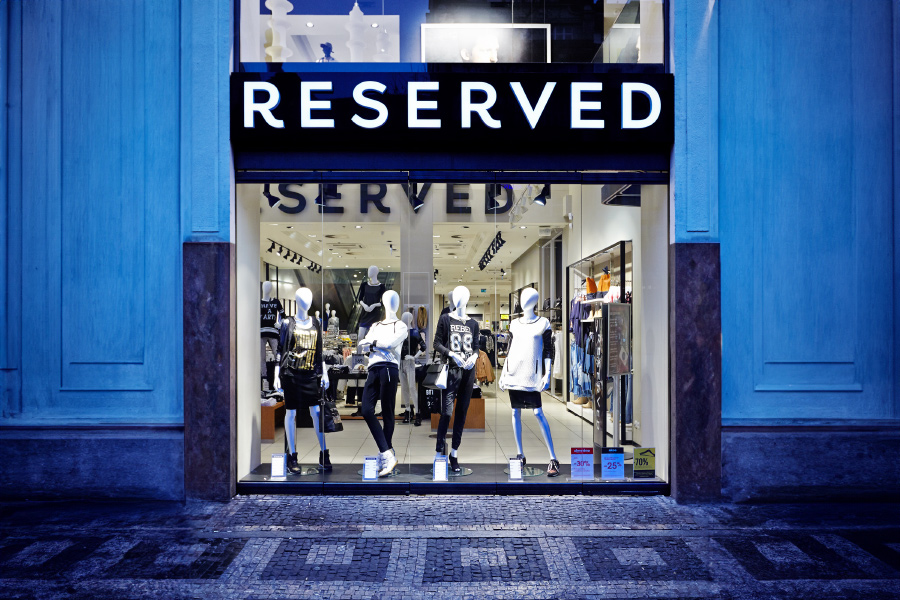
2003 | Ukraine, Slovakia, Lithuania
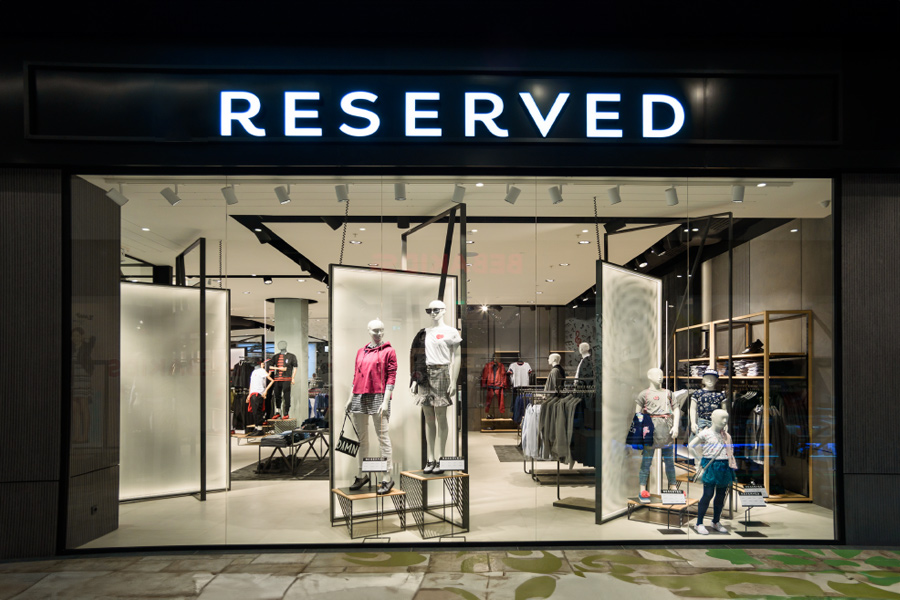
2007 | Romania
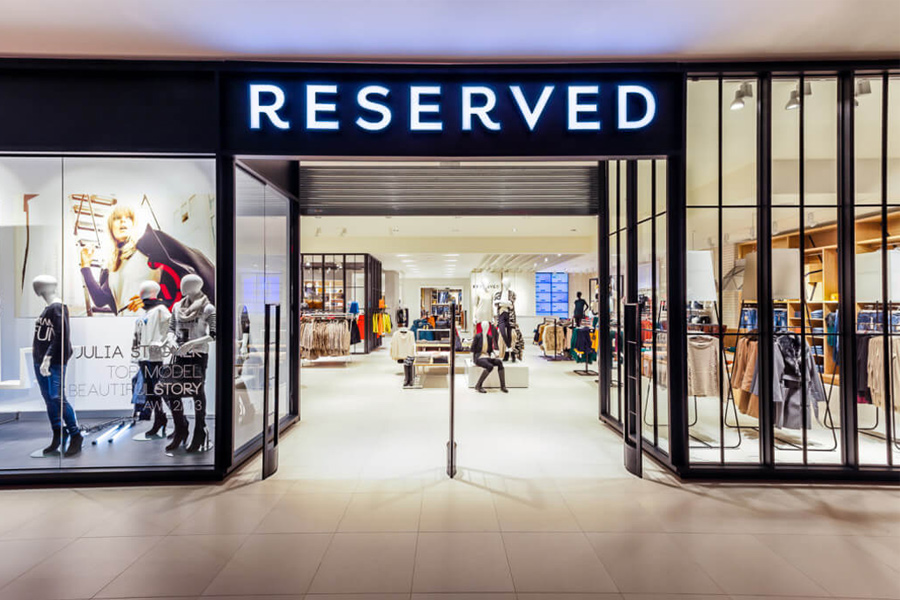
2008 | Bulgaria
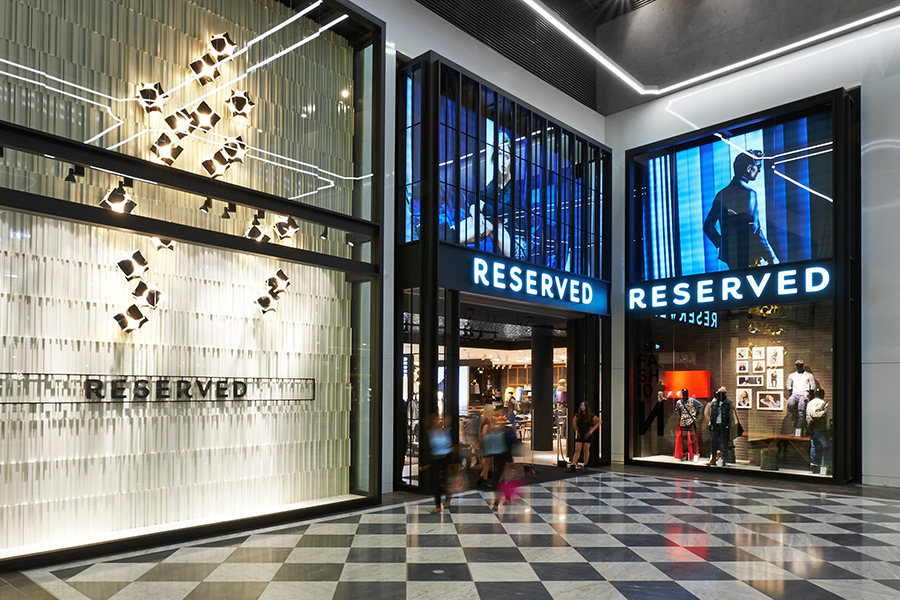
2014 | Croatia, Germany
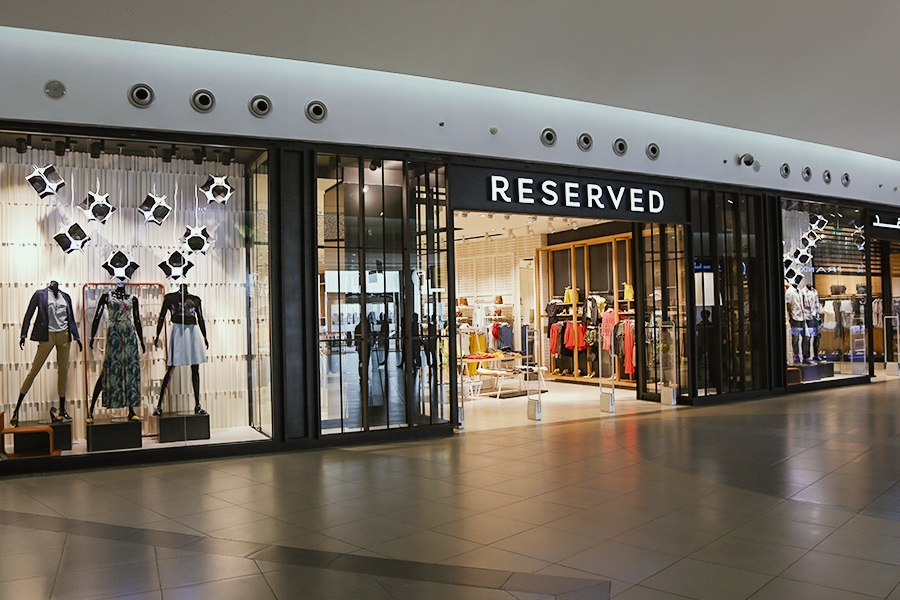
2015 | Egypt, Qatar, Kuwait, Saudi Arabia
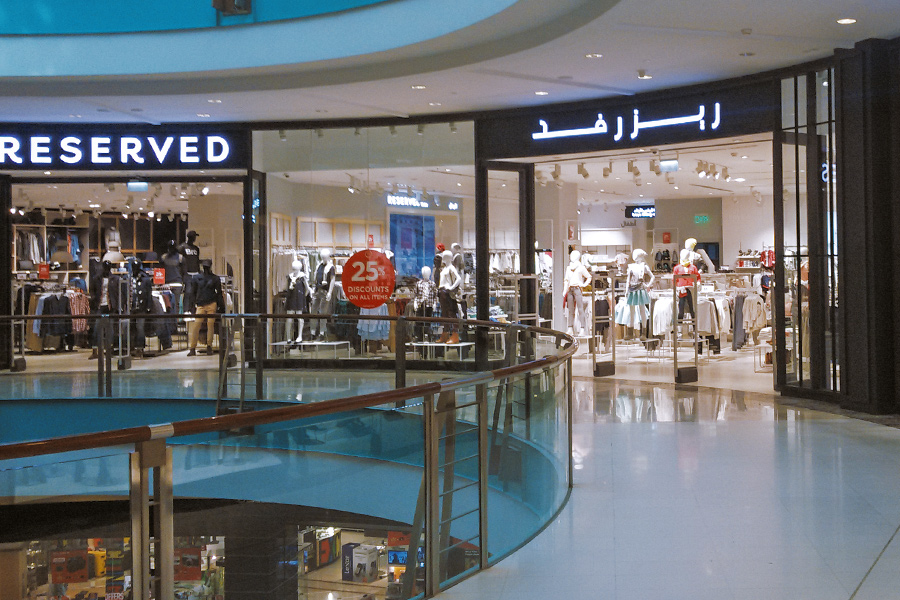
2016 | United Arab Emirates
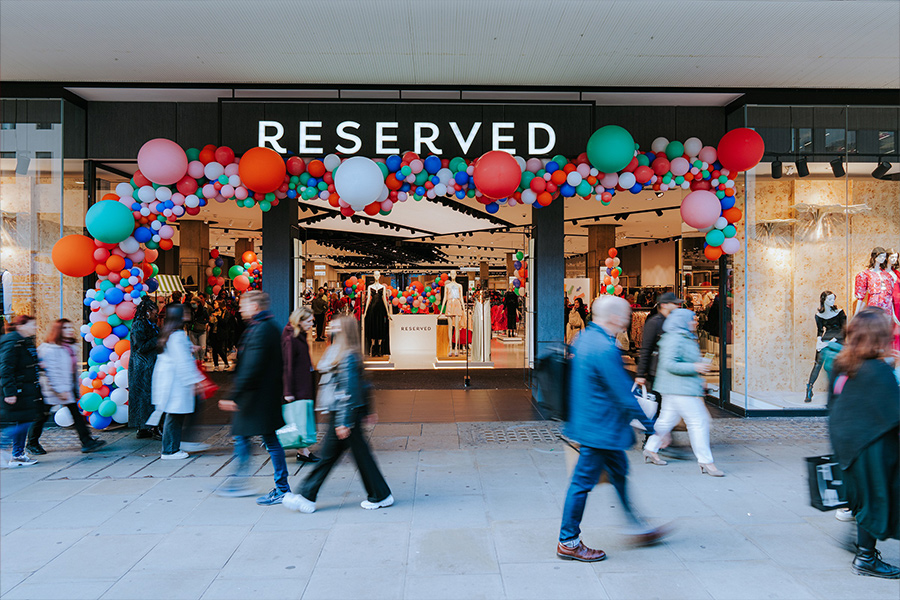
2017 | Great Britain, Belarus, Serbia
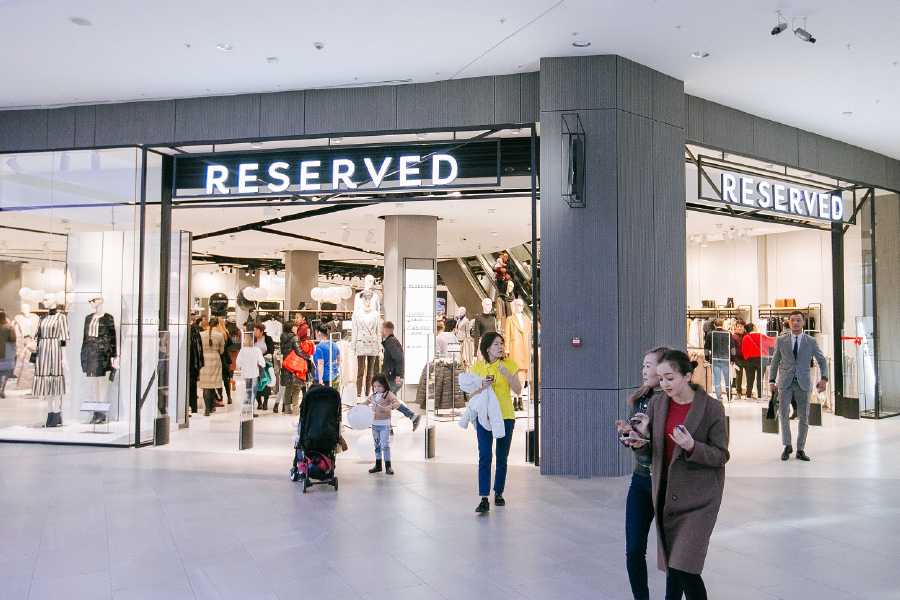
2018 | Kazakhstan, Slovenia, Israel
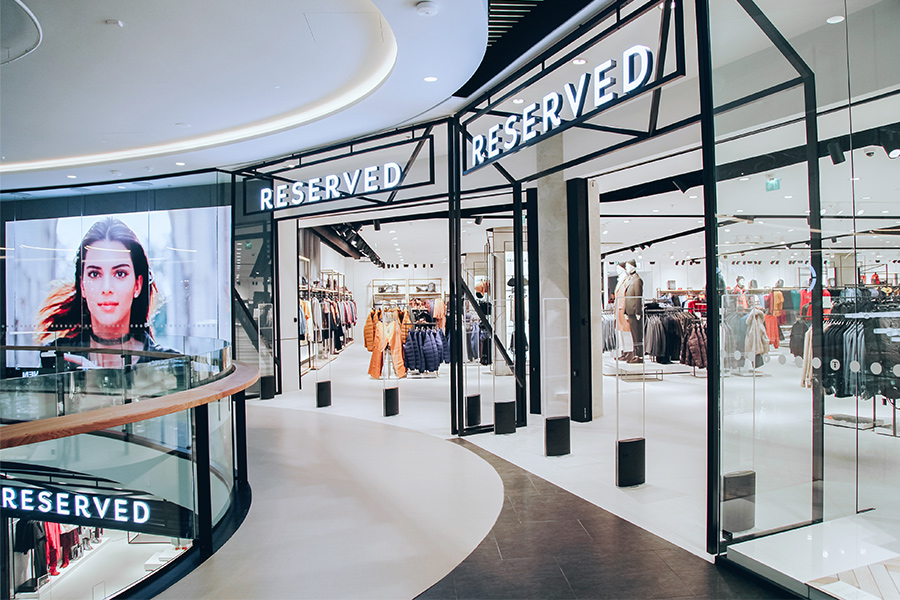
2019 | Bosnia & Herzegovina, Finland
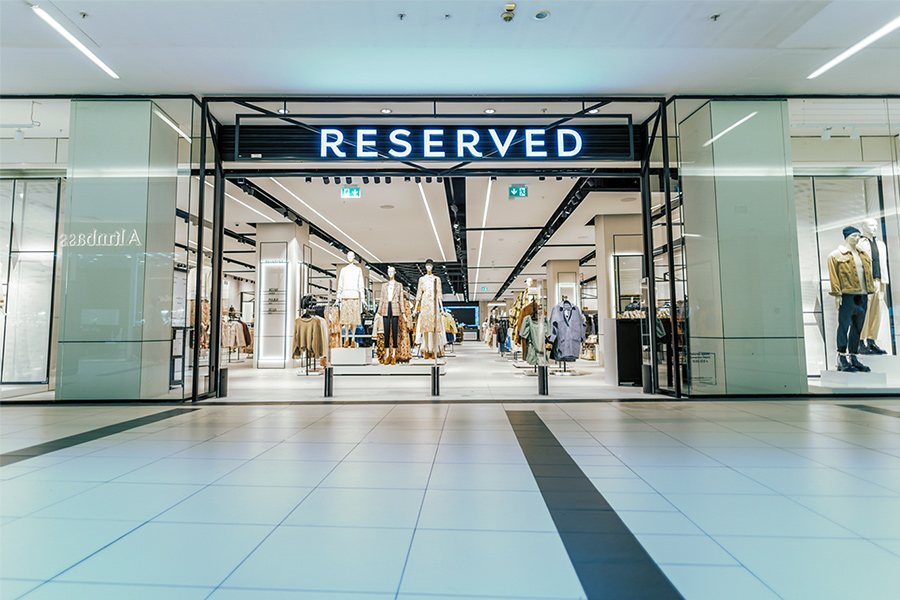
2021 | North Macedonia
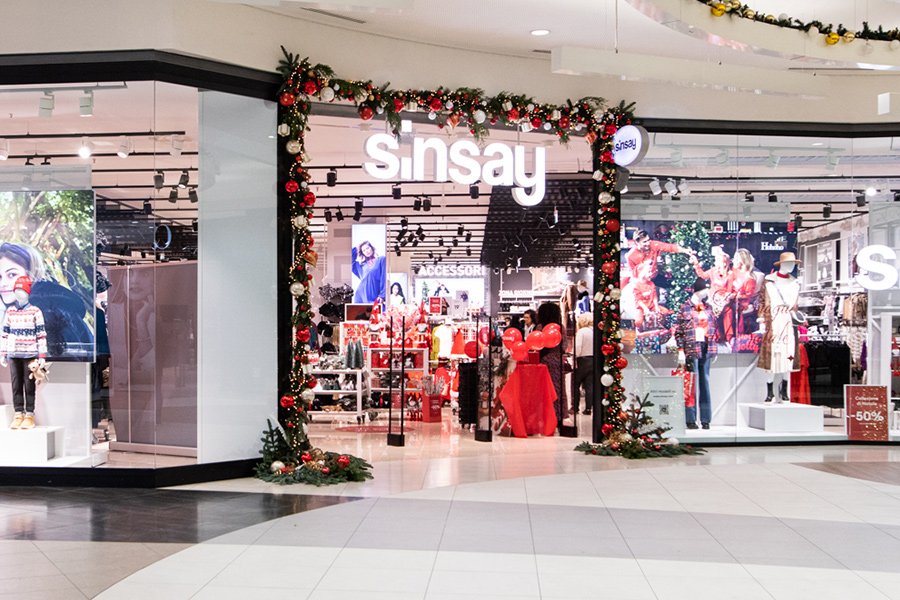
2022 | Italy
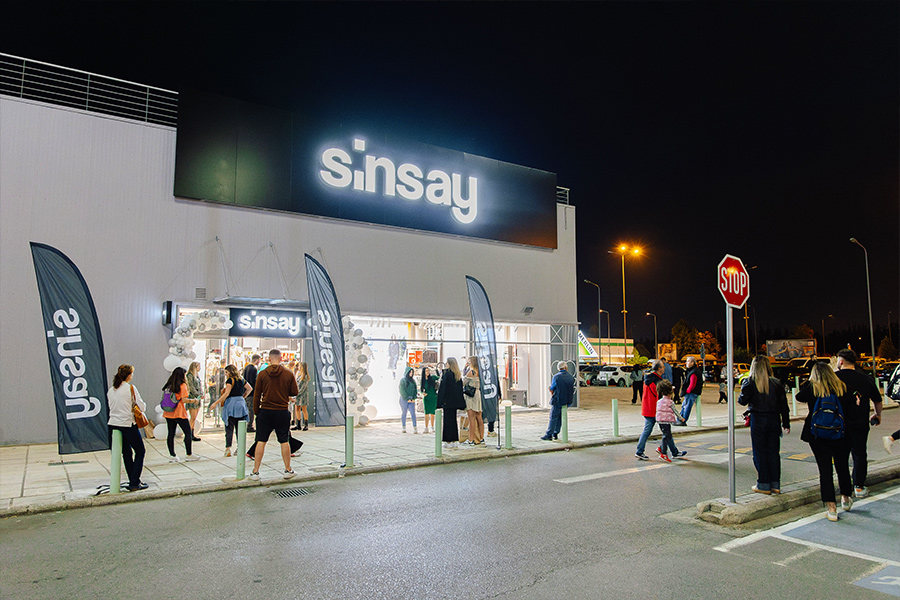
2023 | Greece
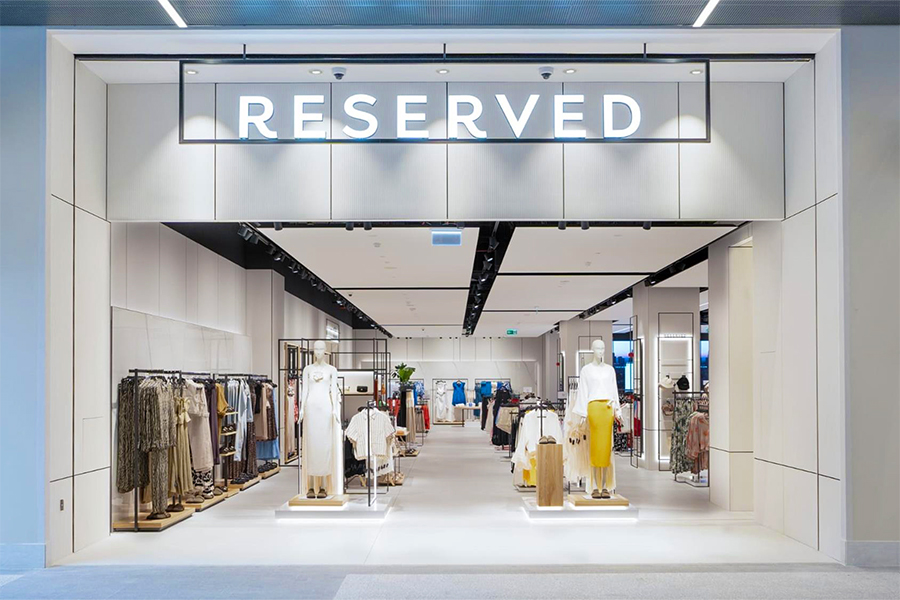
2024 | Bahrain
In response to changing customer preferences and behaviors, as well as the ubiquitous digitalization and transformation in retail, our omnichannel strategy assumes a holistic approach to both sales channels, i.e. traditional and online. As a result of the situation related to the outbreak of the COVID-19 pandemic, the qualitative and quantitative development of the online channel has become a priority for LPP. We have focused on the development of the availability of the online offer for customers through mobile applications of our brands, which we want to develop in other markets. We also plan to gradually enrich them with further functionalities that will aim to increase the sales potential of brands, their recognition in the country and abroad, but also to improve the user-experience, including, among others, more effectively personalizing communication with the customer and recommending the product offer.
Expansion of e-stores by country
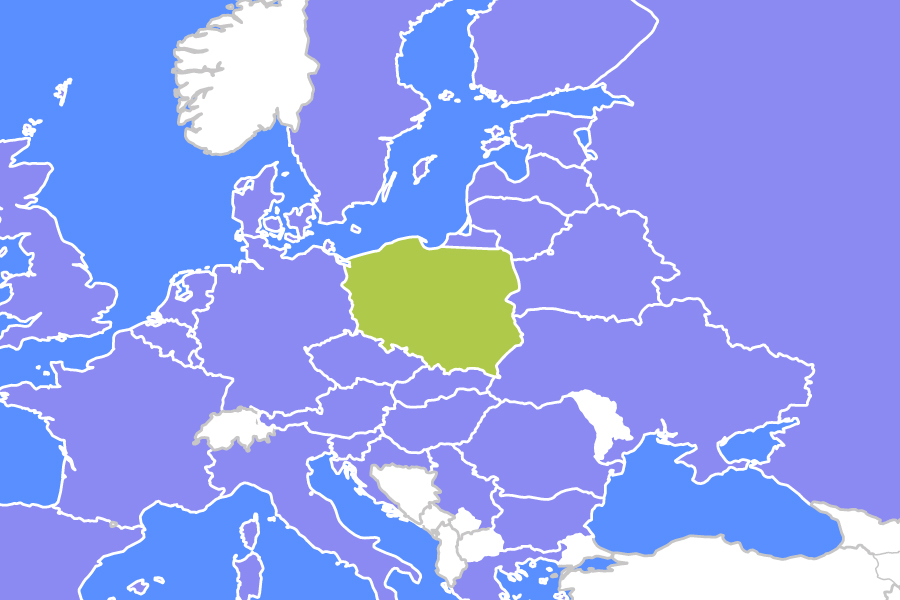
2011 | Poland
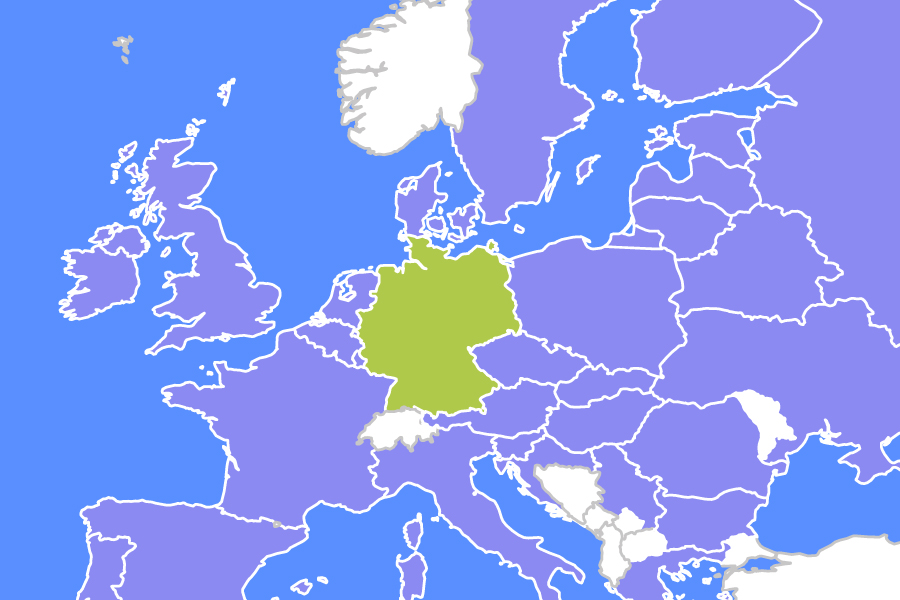
2014 | Germany
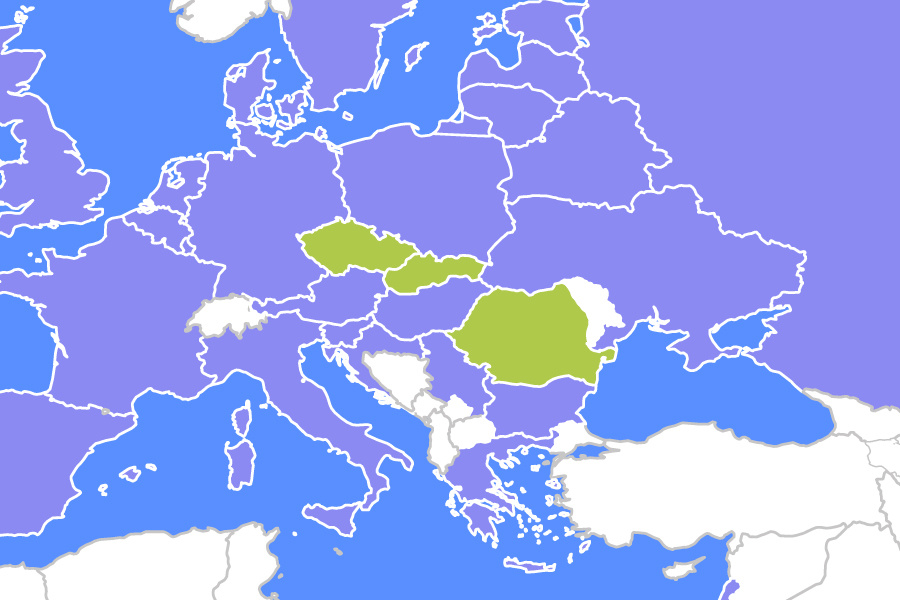
2015 | Czech Republic, Slovakia, Romania
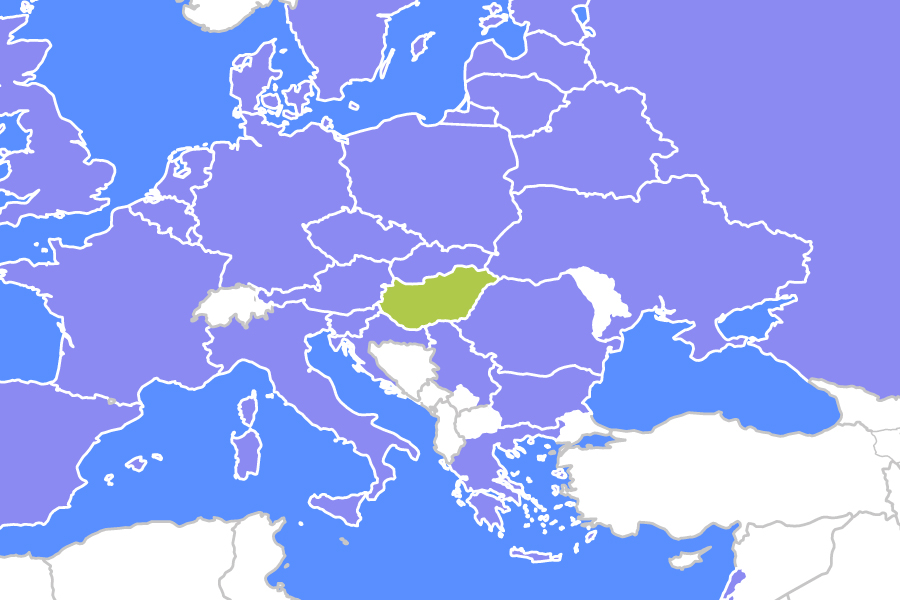
2016 | Hungary
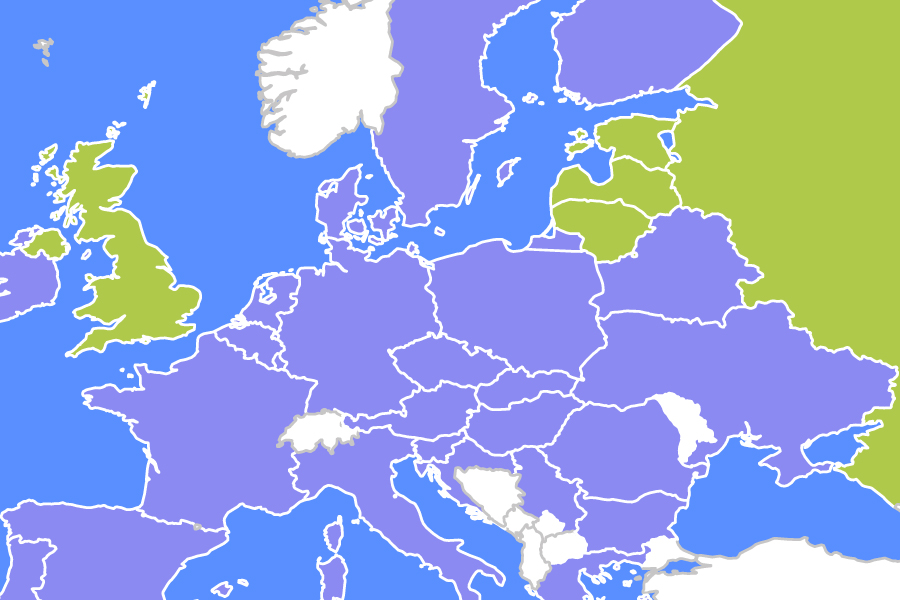
2017 | Lithuania, Latvia, Great Britain, Estonia, Russia
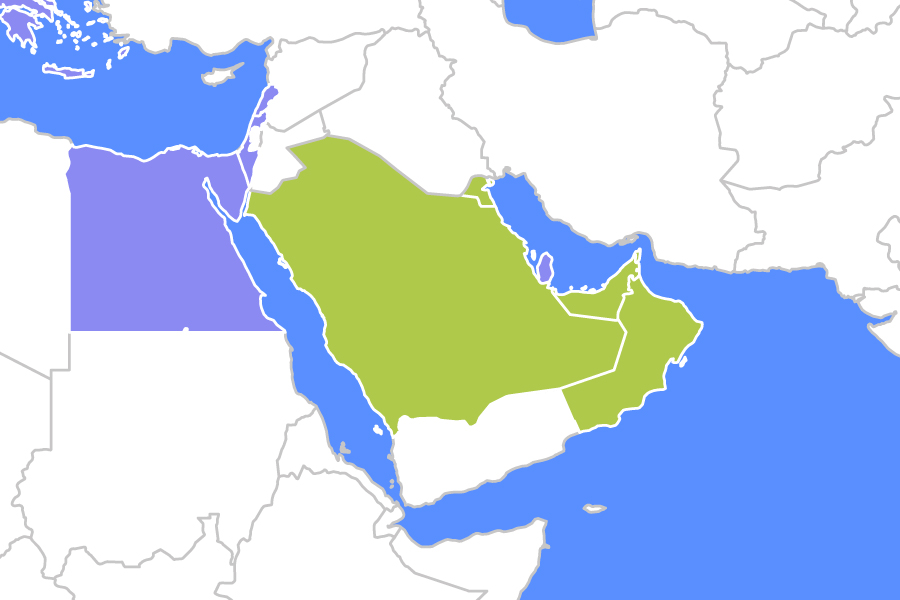
2018 | Bahrain, Kuwait, United Arab Emirates, Saudi Arabia, Oman
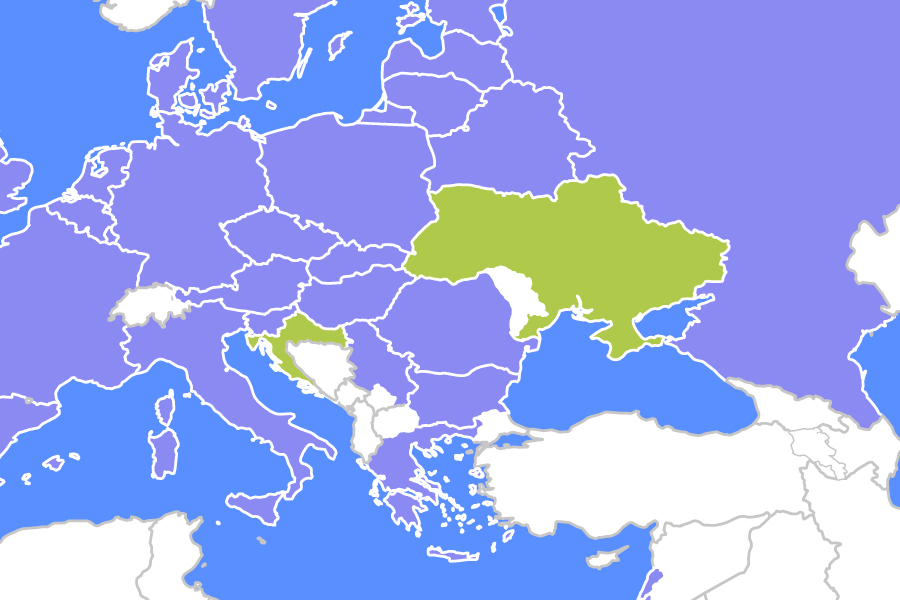
2019 | Croatia, Ukraine
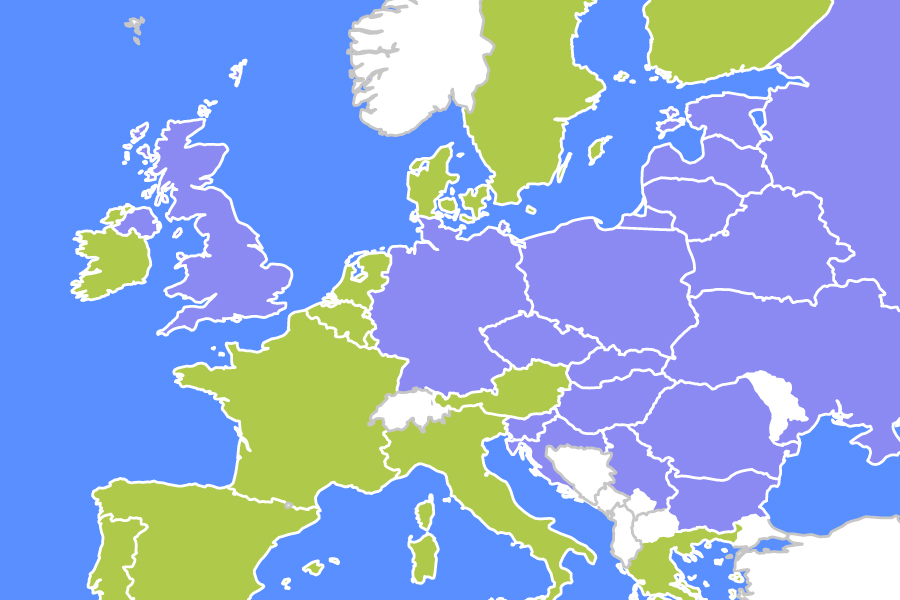
2019 | Pan-european online store: Denmark, Austria, Finland, Netherlands, Spain, Italy, France, Portugal, Belgium, Ireland, Sweden, Luxembourg, Greece
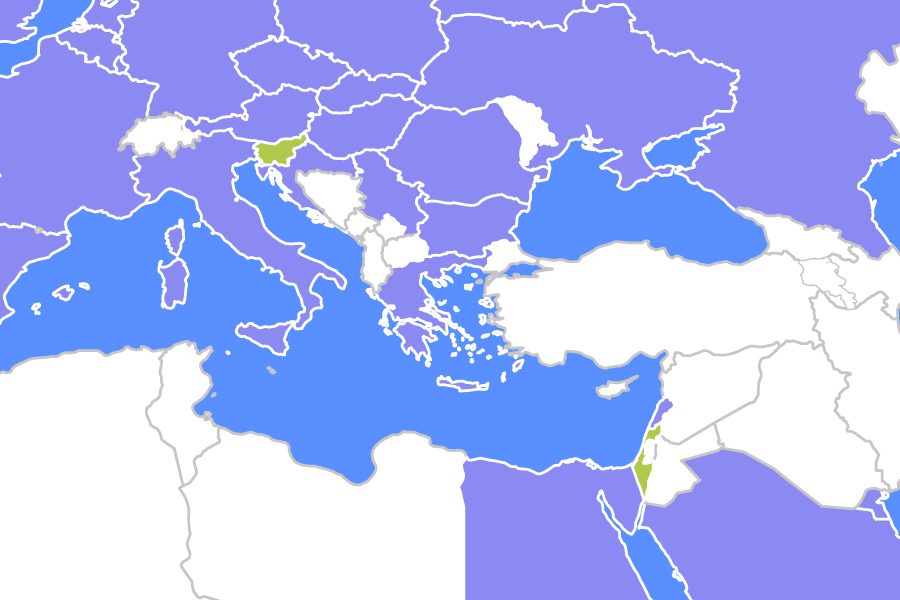
2020 | Slovenia, Israel
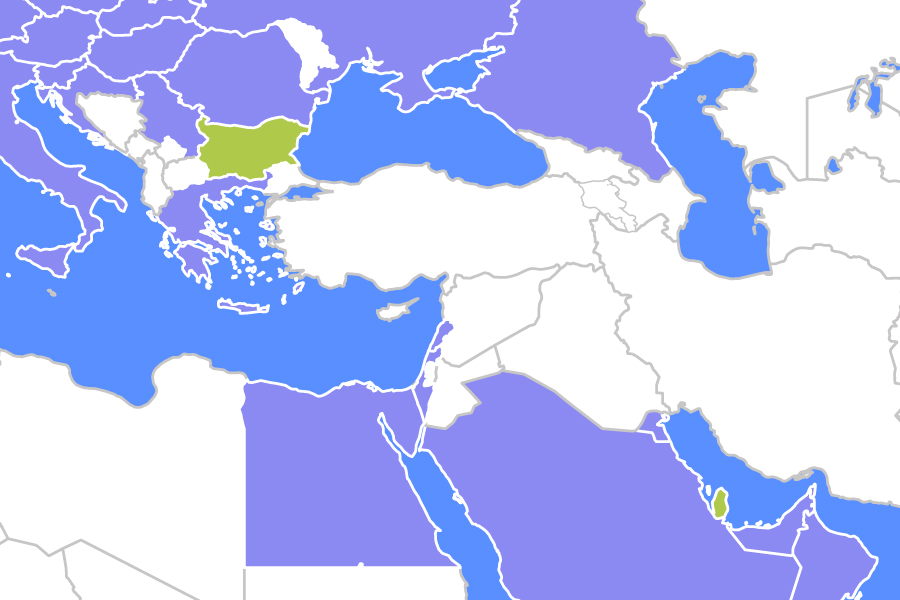
2021 | Bulgaria, Qatar
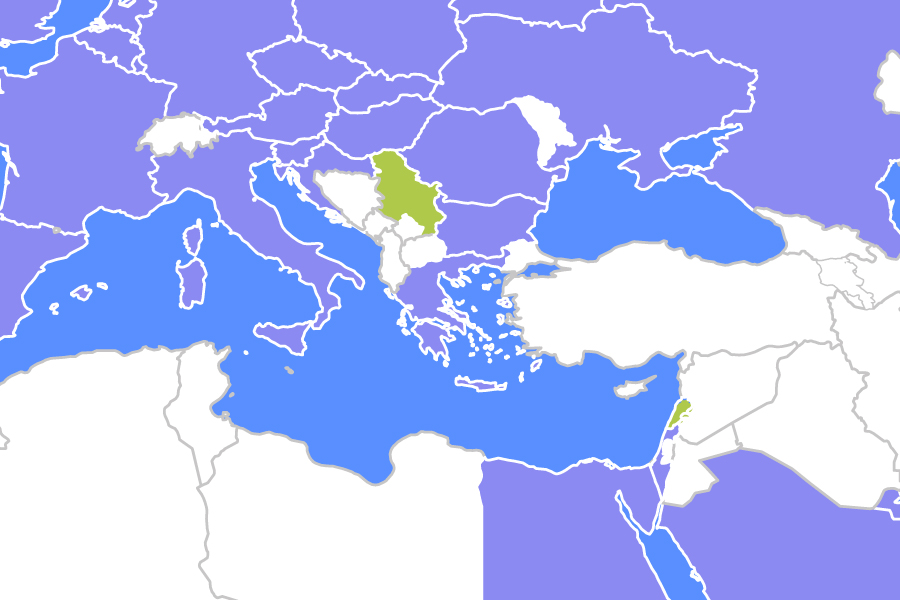
2022 | Serbia, Lebanon
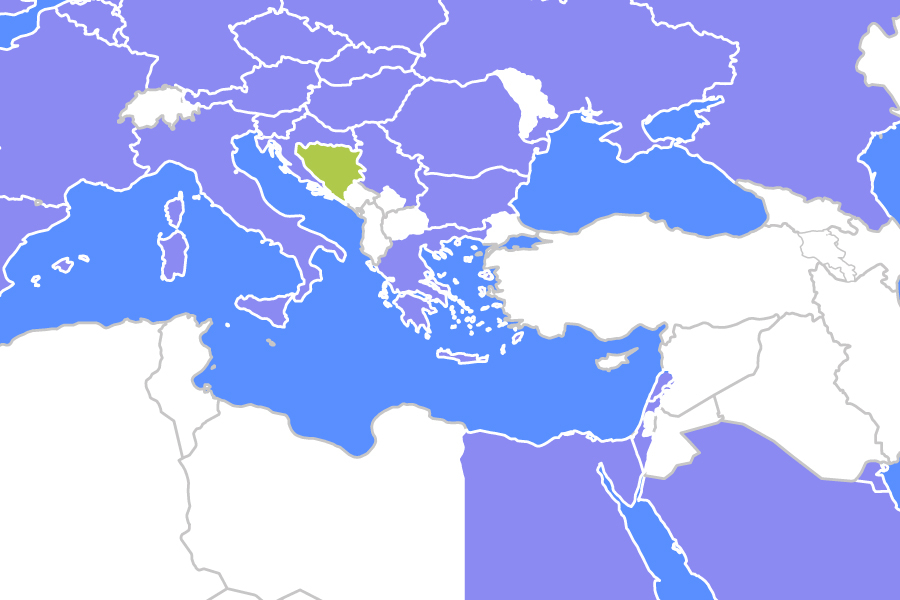
2023 | Bosnia and Herzegovina
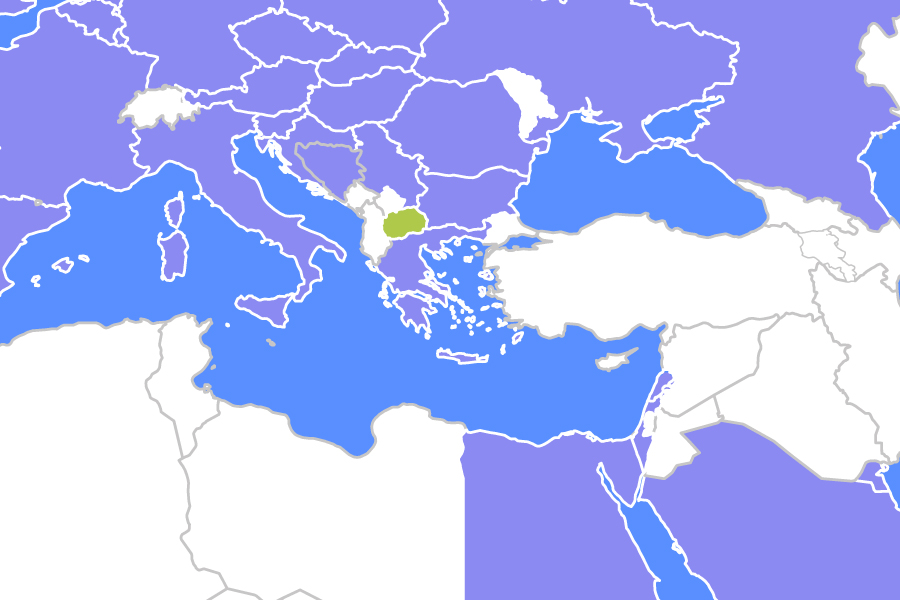
2024 | North Macedonia
At the end of 2024, our brands’ offerings were available in a total of 40 markets, including 29 offline and 35 online countries.
2. Technological transformation of the organization
We operate in the fashion sector, but at the same time, in response to the revolution observed in the clothing industry, we are a technology company. We create IT solutions tailored to our format ourselves, but we also use ready-made innovative solutions that we adapt to our needs. We implement modern technologies, the so-called Fashion Tech, throughout the entire value chain, starting from the product through logistics and sales. We have our own analytical resources that allow us to understand mega trends and customer expectations. Thanks to this, we can flexibly and quickly respond to changes in shopping preferences and design collections tailored to the current needs of our customers, accelerate the process of delivering e-commerce orders or shorten the path of communication with the customer. Without the technological transformation of our organization, the implementation of the LPP business strategy would not be possible.
As part of our Fashion Tech activities, we focus on using modern technologies to:
- continuous improvement of the collection in line with the expectations of our customers,
- expanding the range of sales and after-sales services in line with global trends in the retail industry,
- increasing the flexibility and efficiency of our distribution network,
- full integration of traditional and online channels in the spirit of the omnichannel strategy.
An inseparable element supporting the development of the Group has become the implementation of solutions from the area of Artificial Intelligence and the automation of key logistics processes, which determines the increase in the efficiency of both online and traditional sales. For this reason, our Company focuses its activities on the simultaneous expansion of the distribution network (distribution centers and warehouses dedicated to e-commerce, i.e. fulfillment centers) in Poland and abroad and the gradual increase in the share of innovative solutions, including AI. In the near future, we plan to increase expenditures on the development of robotization and automation of logistics processes based on the Goods to person model in order to increase the agility of the distribution process, ensure better work comfort for warehouse employees, but also optimize the use of warehouse space in our facilities.
3. LPP sustainability
In an era of growing awareness of the importance of responsible business, LPP’s strategy reflects elements of our concern for the environment – the environment and people. We base the Company’s development on sustainable rules for all processes in the company.
Our sustainable development strategy is responsible fashion, i.e. thinking about our collections not only through the prism of clothing design, its production, distribution, use, but also giving our clothes a so-called second life after the end of the process of their use by customers.
Such a comprehensive approach is our response to current climate and social challenges. Every year, we want to effectively reduce the negative impact of LPP on the environment, but also educate our customers and business partners on how to effectively take care of the planet together for the sake of ourselves, but also for future generations.
In 2019, we announced the second LPP Sustainable Development Strategy “For People For Our Planet” planned for implementation in the years 2020 – 2025, based on four pillars: design and production, elimination of plastic, chemical safety, and infrastructure and buildings. This is our program of actions and goals that we have set for ourselves for the near future, but also a manifestation of responsibility for our environment.
At the same time, in 2023, we were the first Polish clothing company to obtain positive verification of our plan to reduce greenhouse gas emissions by 2030 in categories that are most responsible for our carbon footprint. As part of the adopted plan, we will strive, among other things, to reduce greenhouse gas emissions in scope 1 and 2 by 42 percent by 2030 compared to the base year of 2021. At the same time, we plan to reduce emissions resulting from the purchase of goods and services included in scope 3 by 51.6 percent by that time, per unit of purchased product (cf. by 2021).
Sustainable development also means pro-social activities of the company, the vast majority of which we implement through our LPP Foundation established in 2017. We help children and young people in difficult life situations and the sick. We also support medical facilities and organizations that care for people at risk of social exclusion. At the same time, we do not forget about our supply chain and due diligence for the respect of human rights and workers’ rights, which is why we will gradually increase the number of our local branches, which will allow us to better monitor the conditions of our suppliers, more effectively carry out auditing activities and stay closer to the challenges faced by our business partners and their employees.

